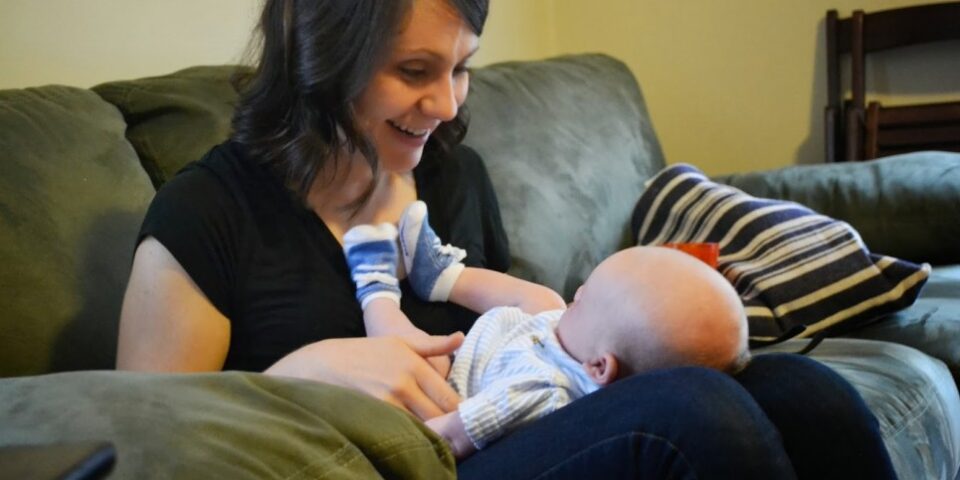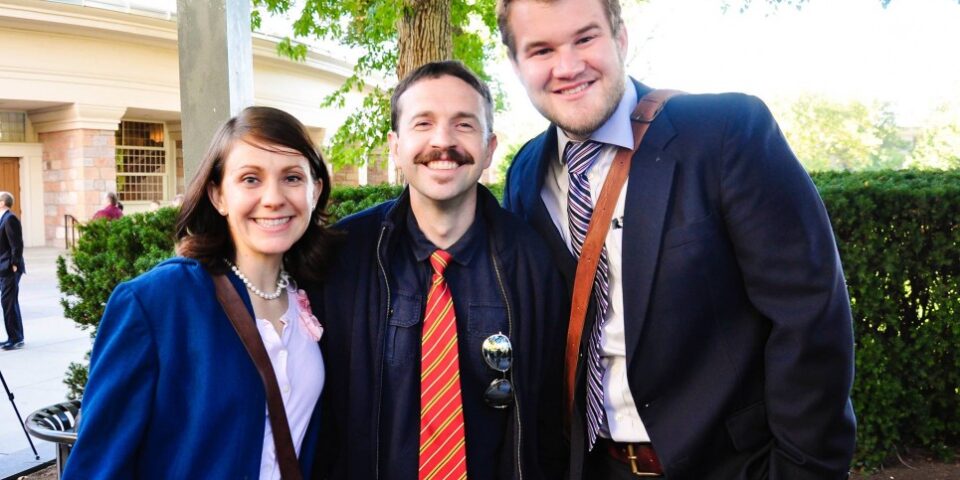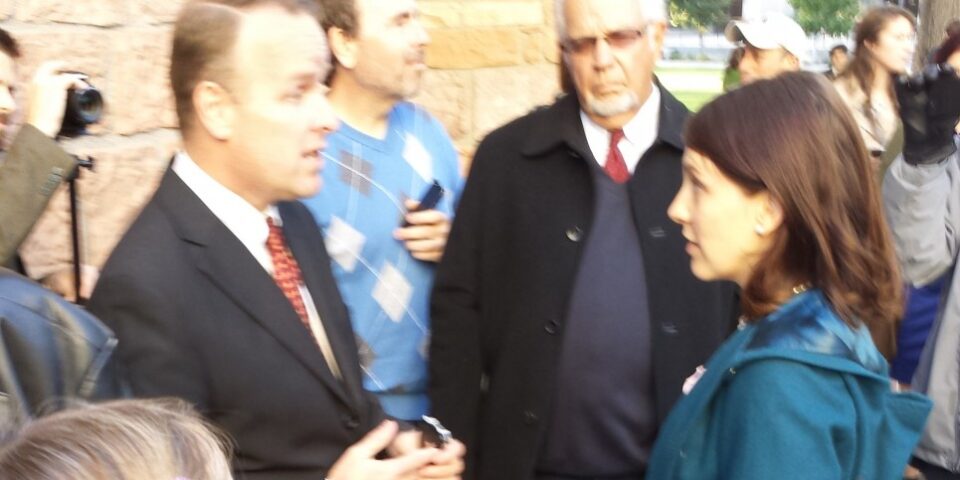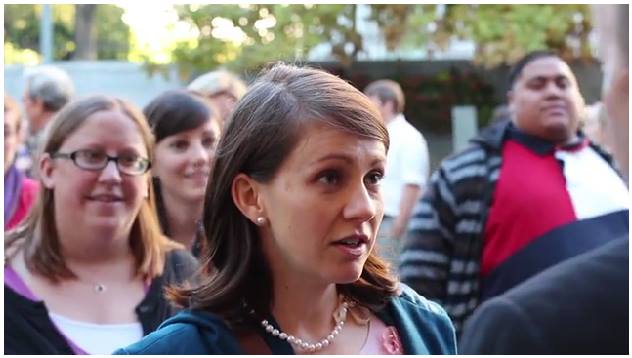I am a descendant of Mormon pioneers. After earning my Gospel in Action Award in Primary, my Young Women Medallion, and graduating from seminary, I graduated from BYU and served an honorable mission to Southern California. I have served in the presidencies of my Young Women’s class and my Relief Society, as a faithful Visting Teacher, and as a Provo temple worker. I have taught Relief Society, Gospel Doctrine, and Temple Preparation classes. Despite my faithful participation in the Church, I grew up internalizing the message that I was somehow less good at fulfilling God’s plan for me as a woman because I didn’t identify with traditional gender roles. Through years of heartache, fasting, and prayer, I have come to know that God is pleased with me and has given me my unique talents for a reason. I believe that extending the Priesthood to women would grant them the freedom to look beyond gender-stereotypes in blessing the lives of others.
I remember my mother explaining to me the broad effects of the ban on Blacks holding the Priesthood. She’d had a high school crush on a black student, and her father had made it clear that she was not allowed to date this boy because his inability to hold the Priesthood would prevent him from marrying in the temple. At the time my mother just accepted that even though she couldn’t understand its reasons, the racial ban and its attendant consequences were the will of the Lord. Thirty years later, she could admit how horrible the experience had been. But at the time, the thought of questioning the policy didn’t cross her mind. She accepted the ban as an absolute tenet that came part in parcel with her testimony of the gospel, modern revelation, and the divine appointment of the leadership of the Church.
For many years, I approached the ban on women holding the Priesthood today in the same way – as an inherent part of the Gospel. But I now see that the effects of institutional gender division are broad and have created a far deeper cultural undercurrent than a simple division of leadership roles. I understand completely why those whose personal needs are met by the current system would feel threatened by the possibility of change. But I believe that the appropriate corollary for motherhood is fatherhood, and that pretending otherwise limits women’s abilities to fulfill their divine potential. Extending the roles and responsibilities of the Priesthood to women would allow women the freedom to magnify their talents without questioning their gender-appropriateness. I believe women should be ordained.









